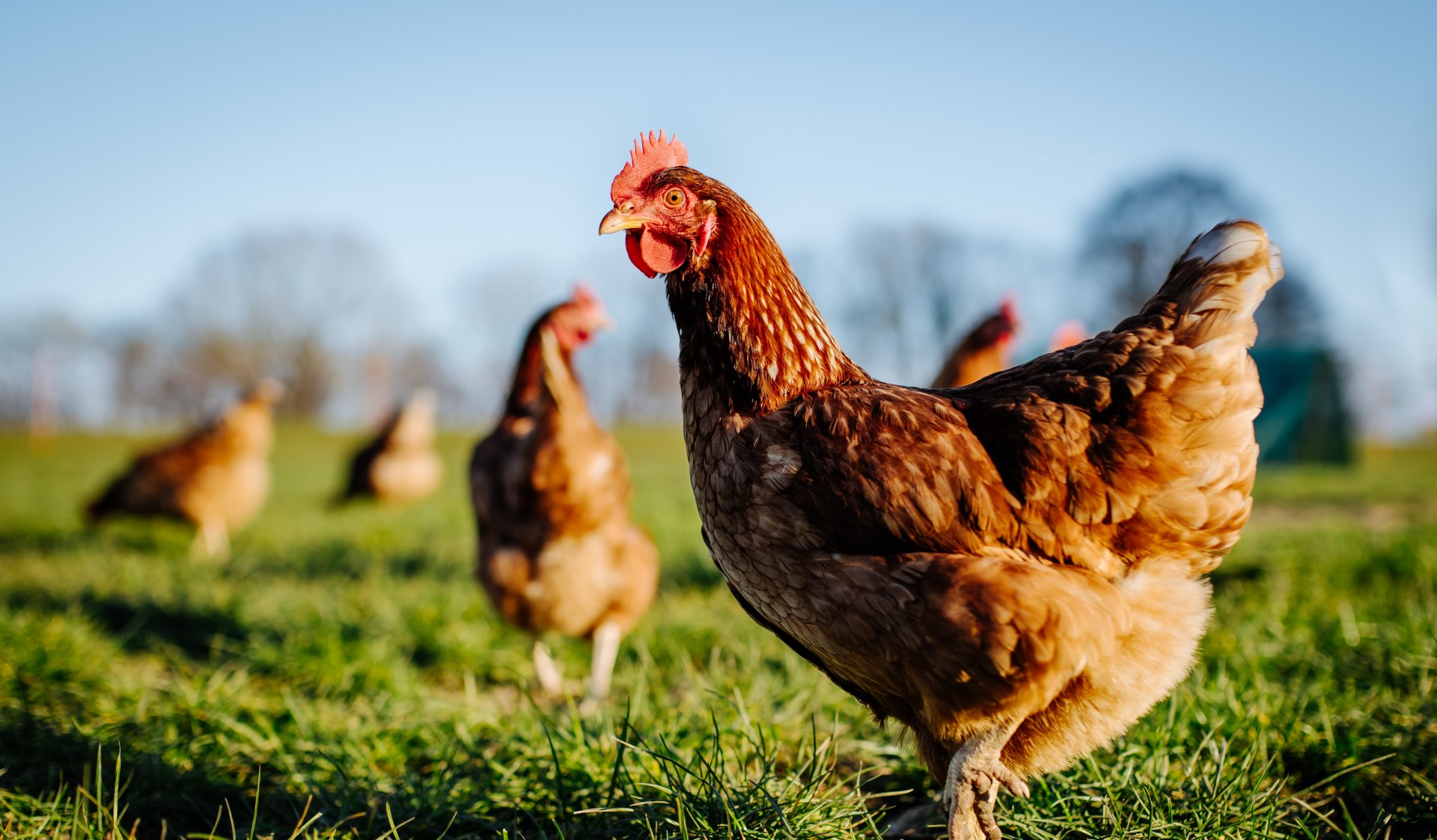Bird Flu: Here's What Parents Need to Know From an Infectious Disease Doctor
Centers for Disease Control and Prevention say the risk to the public from current H5N1 bird flu viruses is low.
Parents and caregivers may have seen discussion of avian influenza (bird flu) through social media or news outlets. Zoos across the country are moving birds indoors to protect them. Centers for Disease Control and Prevention say the risk to the public from current H5N1 bird flu viruses is low.
There have been 118 outbreaks reported and more than 22 million birds have been affected since January, according to the CDC.
So what does this all mean for children? Nicholas Rister, M.D., of the Cook Children's Infectious Disease team is here to break down what the bird flu is and share what parents and caregivers need to know.
What is the avian flu and can people be infected by it?
The influenza virus circulates around the world through a variety of human and animal hosts. Generally, the virus tends to stay within the same animal groups (ie, bird/avian flu infects birds and pig/swine flu infects pigs) but since the influenza virus is very good at mutating on a regular basis, it is able to jump from one type of animal to another from time-to-time.
In particular, bird and pig influenza viruses are known to jump between each other and human hosts. When these jumps happen, the virus is often quite a bit different from the last time human hosts saw it, so our immune system may not be as well prepared (ie, worse infection, easier spread).
The major four global influenza pandemics in the 20th century all occurred with an avian influenza jumping back to humans. But that is four pandemics in 100 years, so while we see lots of avian influenza viruses, they don’t all turn into pandemics. We also have flu vaccines made yearly that try to predict which viruses are most likely to emerge and provide so protection ahead of time.
What should parents and caregivers know about the avian flu?
Avian influenza in children presents like many respiratory viruses – fever, cough, congestion, fatigue, rash. In most cases, these symptoms will not become severe enough to require medical attention, but if a parent feels their child is having difficulty breathing or has altered mental status, they should certainly seek medical care. Very similar recommendations to many common illnesses.
Additionally, the yearly influenza vaccine provides some protection each year against these infections. There are also anti-viral treatments (such as Tamiflu) available for patients that are found to have early infections with influenza to reduce the length of illness although many patients do not get ill enough to present for testing.
Why are zoos removing birds from exhibits?
This is out of an abundance of caution. Coming out of an era of COVID-19 pandemic planning, there is a lot of concern for any potential disease spread.
The majority of documented cases of avian-swine-human influenza spread occurs at sites with consistent and prolonged interaction with animals. Think pig farms, outdoor butchers/food markers in developing nations, zoo workers. In all likelihood, no one was going to acquire a pandemic bird influenza from visiting a zoo exhibit but adjusting them may alleviate lots of concern with everyone on higher alert for respiratory viruses right now.
Should I be concerned about feeding my child poultry and eggs?
No. The virus spreads through close contact with the animals when they are alive or recently killed. Not from the food you would obtain at the store. However, be sure to cook and prepare all meat/poultry products appropriately since other concerns such as Salmonella always remain.
Should I be concerned about my child interacting with birds, such as feeding the ducks or through bird feeders at home?
Not in particular. While interacting with birds is how humans get avian flu, the conditions for transmission usually require a lot of persistent interaction as mentioned above. Routine interaction with ducks, small birds, outdoor feeders, is very unlikely to contribute much to the spread of avian flu.
About Cook Children's
Cook Children’s Health Care System embraces an inspiring Promise – to improve the health of every child through the prevention and treatment of illness, disease and injury. Based in Fort Worth, Texas, we’re proud of our long and rich tradition of serving our community. Our not-for-profit organization is comprised of nine companies, including our Medical Center, Physician Network, Home Health company, Northeast Hospital, Pediatric Surgery Center, Health Plan, Health Services Inc., Child Study Center and Health Foundation. With more than 60 primary, specialty and urgent care locations throughout Texas, families can access our top-ranked specialty programs and network of services to meet the unique needs of their child. For 100 years, we’ve worked to improve the health of children from across our primary service area of Denton, Hood, Johnson, Parker, Tarrant and Wise counties. We combine the art of caring with leading technology and extraordinary collaboration to provide exceptional care for every child. This has earned Cook Children’s a strong, far-reaching reputation with patients traveling from around the country and the globe to receive life-saving pediatric care. For more information, visit cookchildrens.org.

